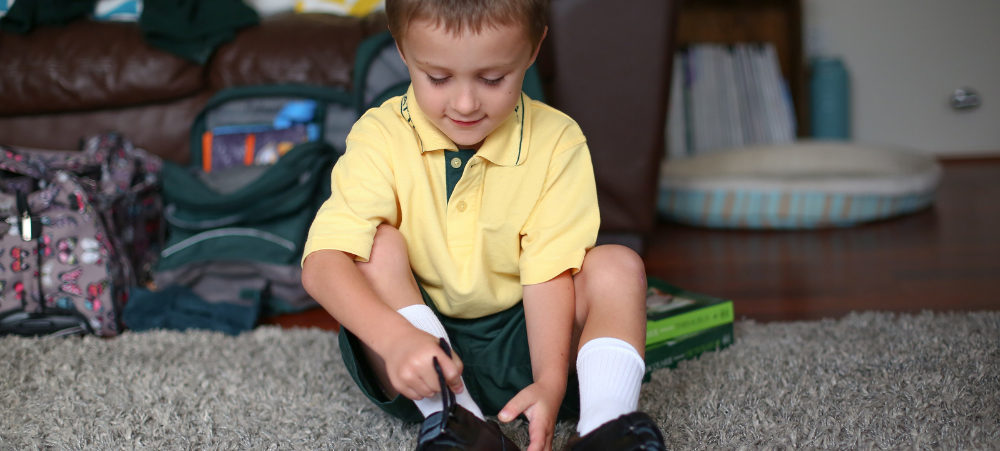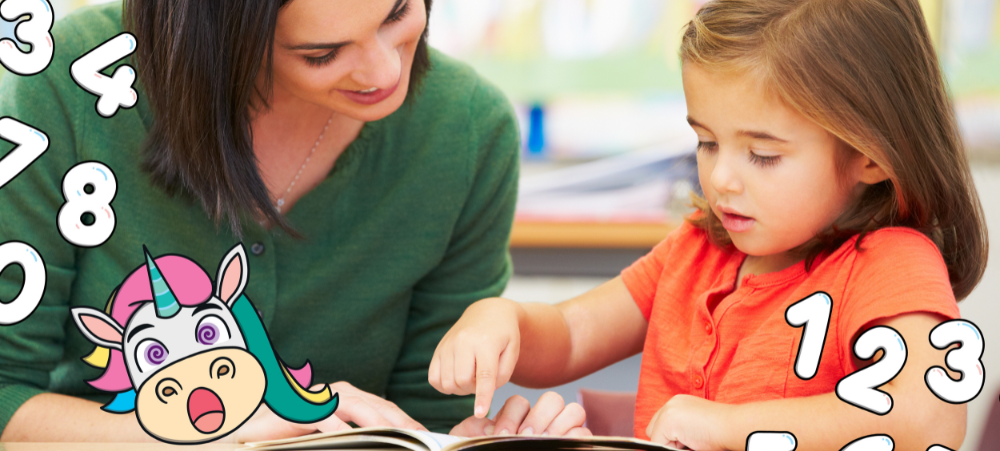As the colder months settle in, many of us brace ourselves for more than just runny noses and shorter days. You may have noticed a heaviness that creeps in that feels like a dip in mood, energy and motivation. While it’s easy to brush off as the ‘winter blues,’ this slump could be a sign of Seasonal Affective Disorder (SAD), a type of depression that follows a seasonal pattern most commonly triggered during winter. ‘Mental health is a key component of your overall wellness, yet it’s often neglected, especially during busy, high-pressure periods,’ says Dr Themba Hadebe, Bonitas Clinical Executive. ‘Recognising the signs of SAD early is essential, because the sooner you acknowledge it, the sooner you can take steps to manage it.’ What is Seasonal Affective Disorder? SAD is more than feeling ‘a bit off’ when the sun disappears behind grey skies. It’s a clinically recognised form of depression linked to reduced sunlight exposure, which can disrupt your body’s internal clock (circadian rhythm), affect serotonin and melatonin levels, and ultimately throw off your mood and sleep patterns. Symptoms of SAD often include persistent low mood or sadness, fatigue or lack of energy even after sleeping, difficulty concentrating, cravings for carbs or weight gain, and withdrawal from social interaction. If this feels familiar, you’re not alone, and it’s not just ‘in your head’. SAD affects many South Africans each year, and yet often goes undiagnosed or misunderstood. How to lighten the load If winter tends to weigh on your mental health, there are a few strategies that may help. First, try to get more sunlight. As simple as it sounds, making time for natural light, even on cold or cloudy days, can significantly boost your mood. Sit near a sunny window, go for a midday walk, or consider using light therapy lamps that mimic sunlight and support your body’s internal clock. Moving your body can also make a noticeable difference, since exercise is one of the most effective natural mood-boosters. You don’t need a full gym session either. Even a 15-minute stretch, dance break, or walk around the block can help to lift your energy and shift your mindset. What you eat matters too. While it’s tempting to dive headfirst into comfort food, try to balance your meals with options rich in omega-3s, like salmon or walnuts, as well as vitamin D and whole grains. Research shows that low levels of vitamin D, which naturally drop during winter, are closely linked to symptoms of depression. And, perhaps most importantly, talk to someone. Whether it’s a psychologist, a trusted friend or a support group, opening up about how you’re feeling is a powerful first step. ‘For those with medical aid, be sure to check what mental health benefits are available to you through your plan,’ adds Hadebe. ‘Bonitas members, for instance, have access to mental health support, including a wellness questionnaire, consultations with registered professionals and wellness programmes designed to support emotional wellbeing all year round.’ Bonitas covers psychology consultations as part of its comprehensive care benefits, and its wellness programmes offer digital resources and support tools to help you manage mental health year-round. You’re not alone We tend to prioritise physical health, but our mental health is just as critical. SAD is often overlooked, but it can significantly impact your quality of life if left unaddressed. And, if you or someone you love is feeling persistently low this winter, don’t wait it out. Take it seriously, speak to a professional, and explore your options. ‘Mental wellness isn’t a luxury, but a necessity for overall wellbeing,’ says Hadebe.








